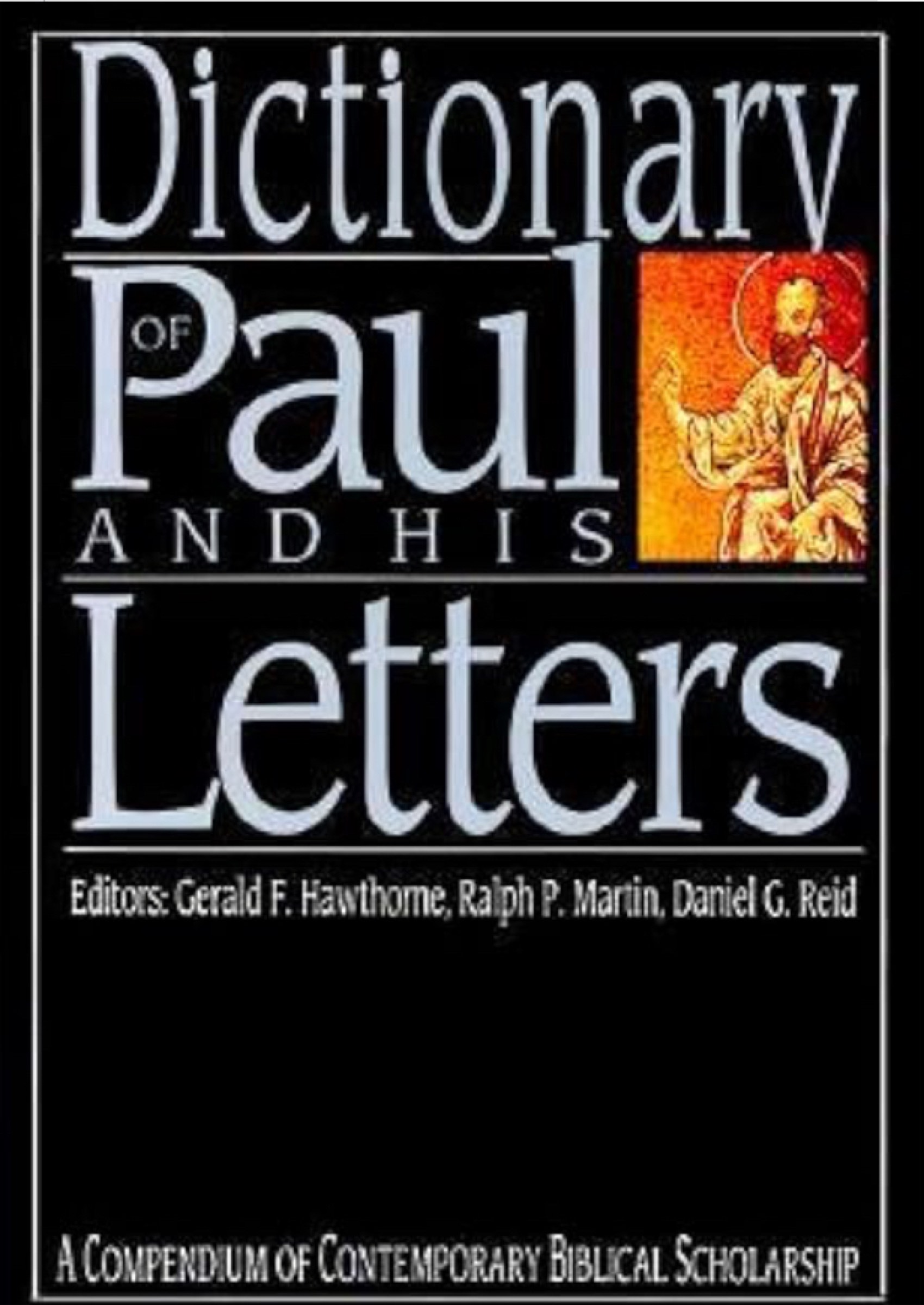DICTIONARY OF PAUL AND HIS LETTERS
Summary of “Dictionary of Paul and His Letters”
The “Dictionary of Paul and His Letters”, edited by Gerald F. Hawthorne, Ralph P. Martin, and Daniel G. Reid, is a comprehensive reference work focusing on the life, theology, and writings of the Apostle Paul. It provides an in-depth study of Paul’s letters, historical background, key theological themes, and their impact on early Christianity.
⸻
1. Purpose and Structure of the Dictionary
This dictionary serves as an essential guide for understanding Pauline theology and biblical interpretation. It includes:
• Detailed entries on key terms, theological concepts, and historical figures related to Paul’s ministry.
• Background on Jewish, Greco-Roman, and early Christian contexts influencing Paul’s teachings.
• Analysis of Paul’s epistles (Romans, Corinthians, Galatians, Ephesians, etc.), their structure, themes, and purpose.
• Bibliographies for further research on each topic covered.
⸻
2. Major Themes in Pauline Studies
a) Paul’s Background and Context
• Paul’s Jewish and Pharisaic upbringing before his conversion to Christianity.
• His missionary journeys and engagement with different cultural and philosophical traditions.
• His role in shaping early Christian theology and church communities.
b) Key Theological Concepts in Paul’s Letters
• Justification by Faith – A central theme in Paul’s theology, emphasizing salvation through faith in Jesus Christ rather than adherence to the Law.
• Grace and Redemption – Paul’s teachings on divine grace, forgiveness, and the transformative power of Christ’s death and resurrection.
• The Body of Christ – The metaphor of the Church as a unified body of believers.
• Resurrection and Eternal Life – Paul’s eschatological teachings on the resurrection of the dead and the hope of eternal life.
c) Interpretation and Influence of Paul’s Writings
• The historical and literary context of Paul’s letters.
• The impact of Pauline theology on Christian doctrine, including discussions on the Law, faith, and works.
• The role of Paul’s writings in shaping early and modern Christian theology.
⸻
3. Importance of the Dictionary
• It provides a scholarly yet accessible exploration of Pauline theology for students, pastors, and researchers.
• It bridges the gap between academic biblical studies and practical Christian teachings.
• It engages with contemporary debates on Paul’s teachings, including interpretations in historical and modern contexts.
⸻
Conclusion
The “Dictionary of Paul and His Letters” is an invaluable resource for anyone seeking a deeper understanding of Paul’s influence on Christian theology and history. By offering detailed insights into his letters, historical context, and theological contributions, this dictionary serves as a comprehensive guide to Pauline studies.
